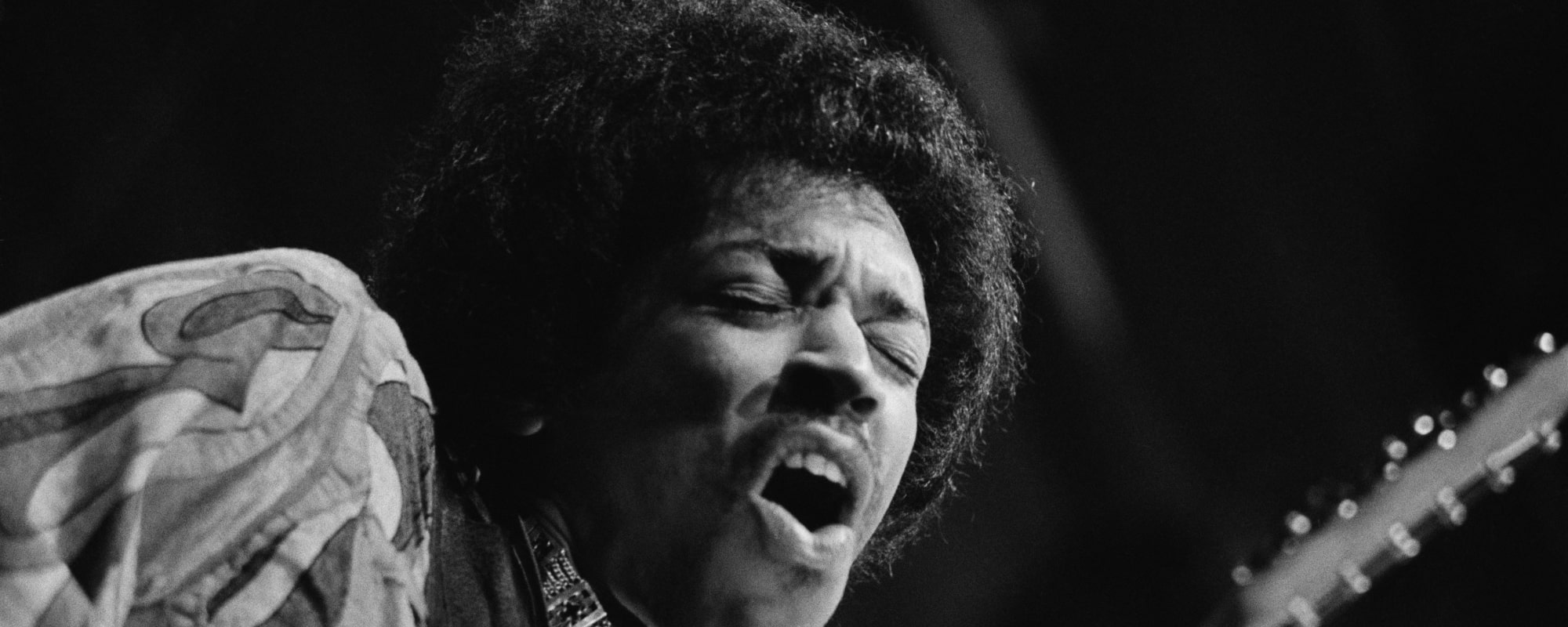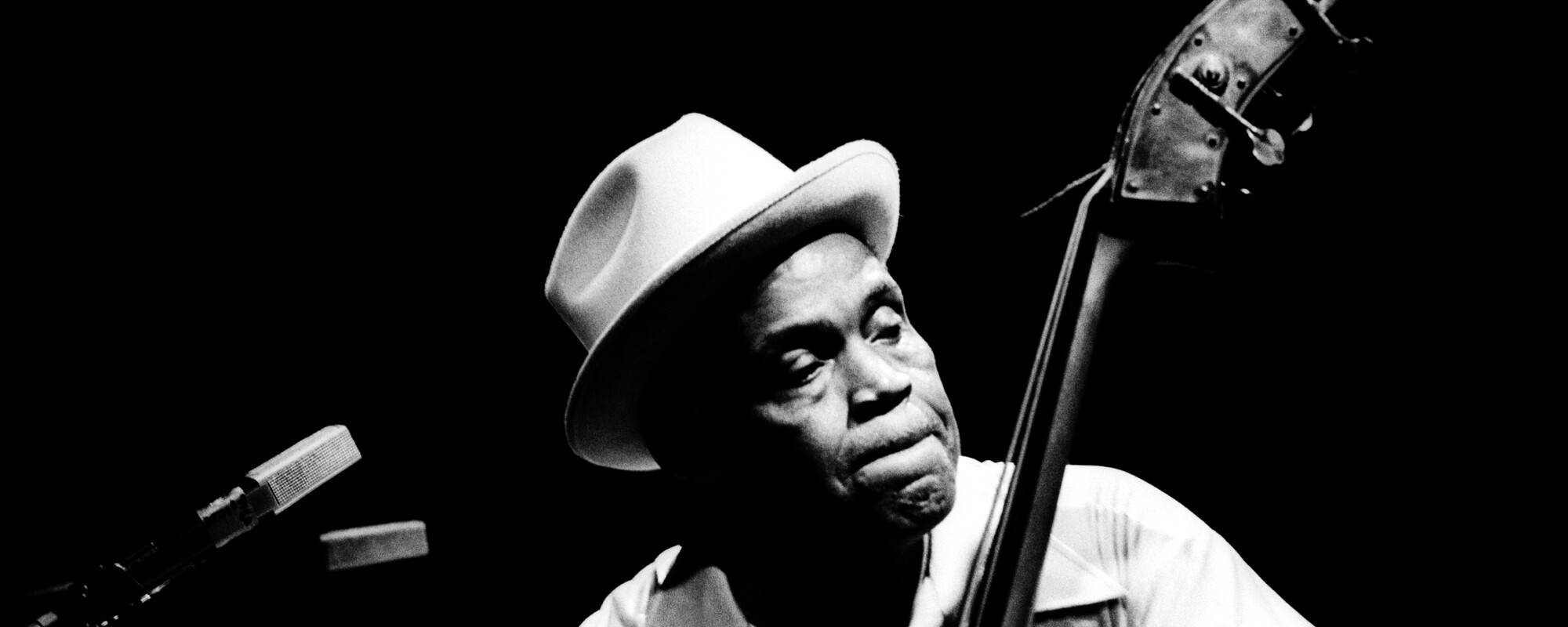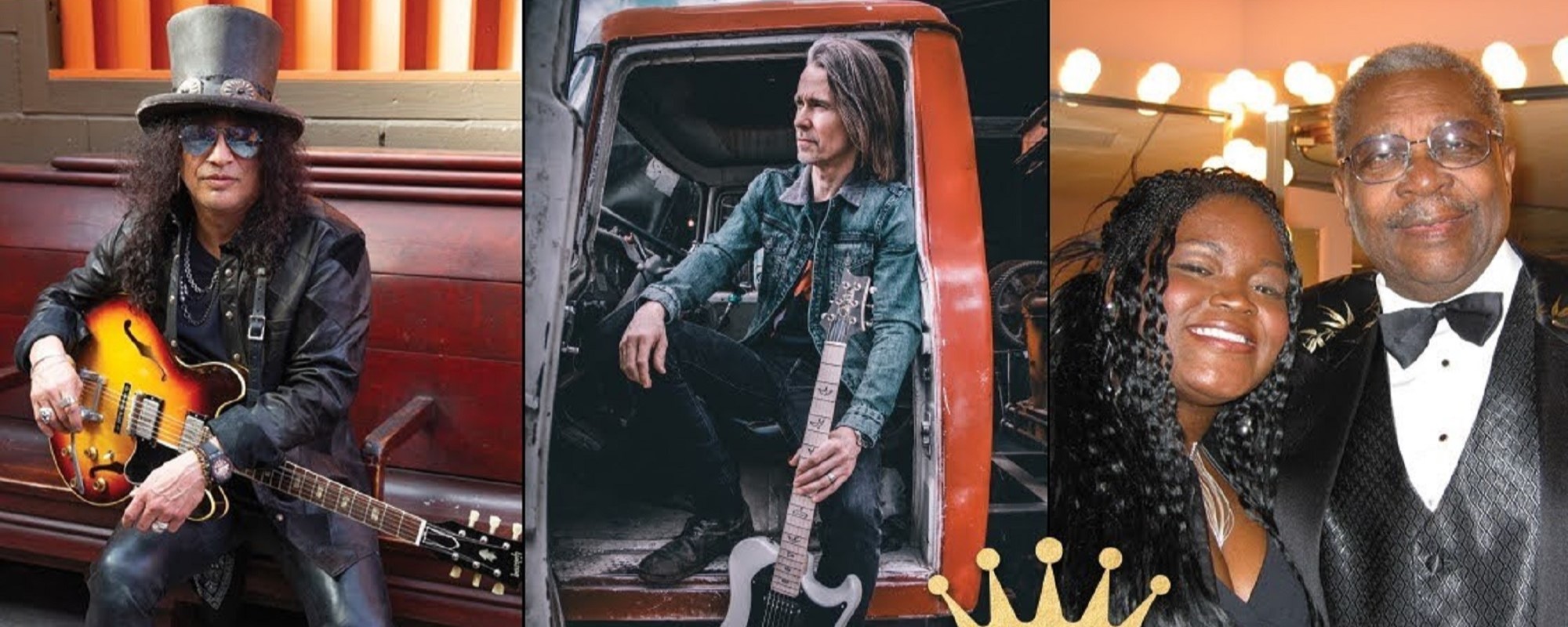Before radio, music was extremely regional. There was very little overlap in genres. Different areas developed varied styles as people had to make their own music. Rural areas differed from cities, while migration led to musical and cultural exposure. Southern plantations spawned the blues as slaves and farmhands labored under the hot sun as they sang work songs, chants, and African spirituals. The Mississippi Delta was fertile ground for this pure art form. Being just upriver from New Orleans, the birthplace of jazz, the musicians couldn’t help but be influenced by different strains and rhythms. Field hollers, drum music, and church hymns merged as Christianity met traditional African music.
Videos by American Songwriter
The blues personified the struggle between good and evil, or God versus the devil. The mistreatment of African Americans and the constant fear of harassment or even lynching was often likened to the devil or being in hell in the blues. In 1927, Sylvester Weaver recorded “Devil Blues.” Skip James released “Devil Got My Woman” in 1931, and Kansas Joe McCoy followed with “Evil Devil Woman Blues” in 1934. The legend of a blues singer “selling their soul” to the devil in return for fame is older than the music itself.
Robert Johnson was, by most accounts, a mediocre blues musician before he went down to the crossroads. He went on to record some of the best blues sides before his untimely death at 27. He was later crowned “King of the Delta Blues.” Let’s take a look at the story behind “Hellhound on My Trail” by Robert Johnson.
I got to keep movin’, I got to keep movin’
Blues fallin’ down like hail, blues fallin’ down like hail
Hmm-mmm, blues fallin’ down like hail, blues fallin’ down like hail
Constantly Moving
Johnson didn’t stay in one place very long. Born in Hazlehurst, Mississippi, his mother moved to Memphis, Tennessee, when he was still a baby. As she married different men, the youngster took on different last names. In Crittenden County, Arkansas, he was known as “Little Robert Dusty.” When they moved to Tunica, Mississippi, he was Robert Spencer. After using at least eight different surnames, he eventually settled on Johnson when his mother revealed his biological father to be Noah Johnson. He continued moving, always playing music. He spent time in Helena, Arkansas, Chicago and New York, with jaunts to Kentucky, Indiana, Texas, and Canada.
And the days keeps on worryin’ me
There’s a hellhound on my trail, hellhound on my trail
Hellhound on my trail
“Playing Like Nobody’s Business”
In 1935, Johnson met 20-year-old guitarist Johnny Shines. The duo traveled together, playing music and hustling. Shines told music historian Samuel Charters: “Robert was a very friendly person, even though he was sulky at times, you know. And I hung around Robert for quite a while. One evening, he disappeared. He was kind of a peculiar fellow. Robert’d be standing up, playing some place, playing like nobody’s business. At about that time it was a hustle with him as well as a pleasure. And money’d be coming from all directions. But Robert’d just pick up and walk off and leave you standing there playing. And you wouldn’t see Robert no more maybe in two or three weeks. … So Robert and I, we began journeying off. I was just, matter of fact, tagging along.”
If today was Christmas Eve, if today was Christmas Eve
And tomorrow was Christmas Day
If today was Christmas Eve, and tomorrow was Christmas Day
Aw, wouldn’t we have a time, baby?
The Gunter Hotel
Around 1936, Johnson sought out talent scout H.C. Speir, who introduced the singer to Ernie Oertle, a salesman for American Record Corp., who then connected him with engineer Don Law. In November, Law arranged a recording session at The Gunter Hotel in San Antonio, Texas. Over three days, Johnson recorded 16 songs with alternate takes for most of them. Among these sides were the classics “I Believe I’ll Dust My Broom,” “Sweet Home Chicago,” “Terraplane Blues,” “They’re Red Hot,” and “Cross Road Blues.”
All I would need my little sweet rider just
To pass the time away, huh-huh
To pass the time away
The Vitagraph Building
The following year, Johnson traveled to Dallas for another session with Law. This time, he set up the makeshift recording studio in the Vitagraph Building. On June 19 and 20, Johnson laid down “Hellhound on My Trail,” “Me and the Devil Blues,” “Traveling Riverside Blues,” “Love in Vain Blues,” and “Milkcow’s Calf Blues.”
You sprinkled hot foot powder, mmm
Mmm, around my door, all around my door
You sprinkled hot foot powder
All around your daddy’s door, hmm-hmm-hmm
It keep me with ramblin’ mind, rider
Every old place I go, every old place I go
Very Few Details
There are more questions than answers when it comes to much of Johnson’s life. He died of unknown causes on August 16, 1938, at the age of 27, near Greenwood, Mississippi. At the time, it was not publicly reported. The death certificate listed only the date and location, but no official cause of death.
Years later, the state director of vital statistics, R. N. Whitfield, wrote on the back of Johnson’s death certificate, “I talked with the white man on whose place this negro died and I also talked with a negro woman on the place. The plantation owner said the negro man, seemingly about 26 years old, came from Tunica two or three weeks before he died to play banjo at a negro dance given there on the plantation. He stayed in the house with some of the negroes saying he wanted to pick cotton. The white man did not have a doctor for this negro as he had not worked for him. He was buried in a homemade coffin furnished by the county. The plantation owner said it was his opinion that the man died of syphilis.”
Just as the details of his death are unclear, his gravesite is also in question. There are at least three different spots that could be where the legend is buried. We don’t know how he died or where he is buried, but we do have the 29 songs he recorded.
I can tell the wind is risin’, the leaves tremblin’ on the tree
Tremblin’ on the tree
I can tell the wind is risin’, leaves tremblin’ on the tree
Hmm-hmm, hmm-mmm
All I need’s my little sweet woman
And to keep my company, hey, hey, hey
My company
When you purchase through links on our site, we may earn an affiliate commission.
(Featured Image via YouTube)













Leave a Reply
Only members can comment. Become a member. Already a member? Log in.